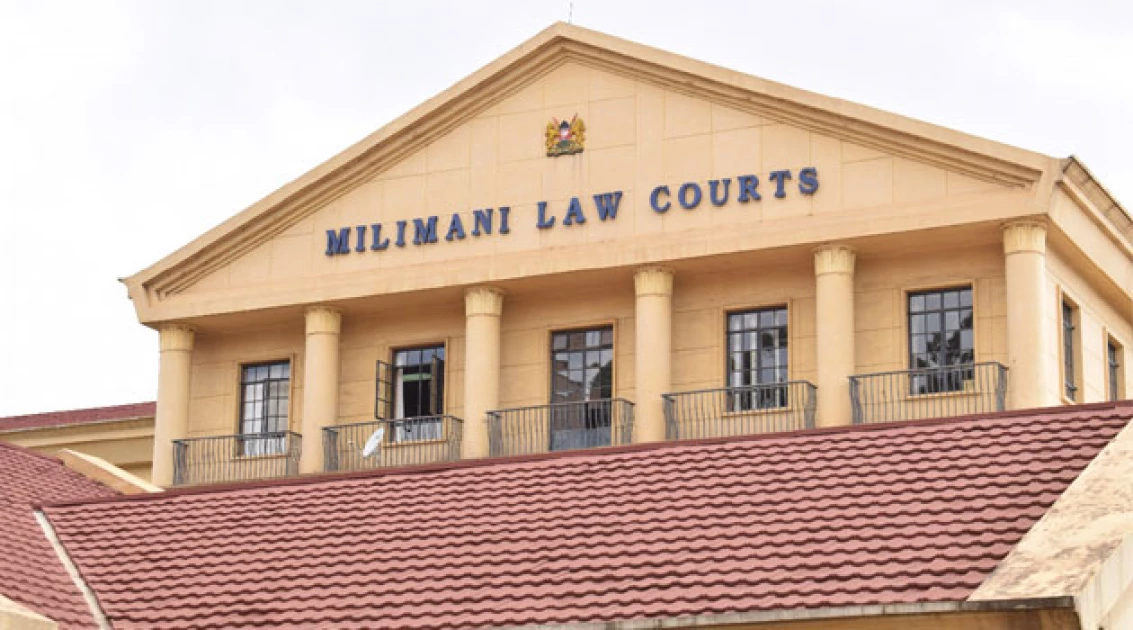In a revelation that has sent shockwaves through Kenya’s justice system, the Office of the Auditor General has exposed a glaring financial black hole within the Judiciary — with over Sh14 billion in staff compensation paid without any supporting documentation for 2,180 employees.
According to the latest audit report released by Auditor General Nancy Gathungu, the Judiciary’s payroll system was found riddled with inconsistencies and severe record-keeping failures. The report raises critical questions about accountability, transparency, and possible collusion in what could amount to one of the most serious public sector payroll irregularities in recent years.
“There was no documentation to support the salaries and allowances paid to 2,180 employees,” reads a damning excerpt from the report. “The payments were not supported by staff records, including job descriptions, deployment details, or evidence of active duty.”
The alarming audit covers the financial year ending June 2023 and paints a disturbing picture of a system that has potentially allowed billions in taxpayer funds to be disbursed with no verifiable trail. The Judiciary is accused of failing to provide employment records, academic qualifications, and even national ID copies for the individuals receiving monthly paychecks.
Even more disturbing, the report notes that some of the employees could not be physically verified, suggesting the possibility of ghost workers infiltrating one of the country’s most sensitive institutions.
Shifting Blame or System Failure?
The Judiciary has not issued a formal response to the audit findings. However, internal sources have hinted at a looming internal review amid pressure from watchdog groups, Parliament, and the public. There are mounting calls for immediate suspension of salary payments to unverified individuals and a thorough audit of all Judiciary payroll entries.

Critics argue that the Judiciary, which should stand as a model of integrity, has allowed the very rot it often condemns to thrive within its walls. Civil society groups and anti-corruption watchdogs are already demanding that the Ethics and Anti-Corruption Commission (EACC) step in to investigate whether criminal elements have been siphoning public funds under the guise of judicial salaries.
A Deepening Crisis
In addition to the payroll anomalies, the Auditor General flagged other worrying practices, including the lack of reconciliation between physical headcounts and system-generated employee numbers. This loophole, experts warn, is often exploited in other sectors to enable ghost workers to draw salaries undetected.
“We are not talking about clerical errors. This is deliberate evasion of oversight controls,” said a senior accountant within the public service commission who requested anonymity. “Such a breakdown in recordkeeping paves the way for systemic fraud.”
The Sh14 billion figure — which represents a significant portion of the Judiciary’s recurrent expenditure — includes basic salaries, allowances, and gratuities that were disbursed without standard documentation or verification protocols. Analysts warn that such mismanagement undermines public confidence and directly contradicts the Judiciary’s mandate to uphold law and order.
Public Outcry and Legal Ramifications
Kenyans on social media and civic forums are calling for heads to roll. The Law Society of Kenya (LSK) has termed the revelations “deeply troubling” and has urged for a parliamentary probe to determine how these irregularities escaped detection for so long.
Parliament’s Public Accounts Committee is expected to summon top Judiciary officials for questioning, including Chief Registrar of the Judiciary Anne Amadi, who is likely to face scrutiny over the administrative lapses under her watch.
What Happens Next?
With billions at stake, the country now awaits decisive action. Whether the Judiciary will move to clean house or protect its own remains to be seen. But for now, one fact remains clear — Kenya’s justice system is under a cloud of suspicion, and without immediate corrective action, the integrity of the institution may suffer irreparable damage.














Leave a Reply